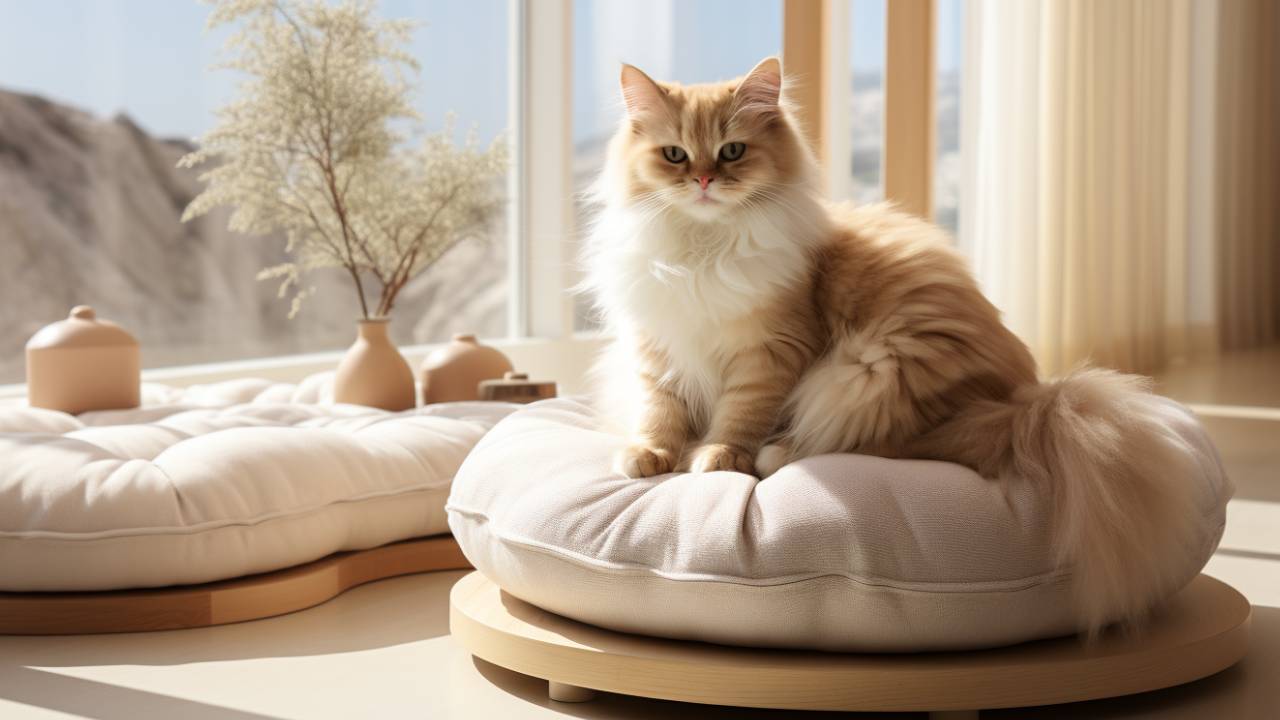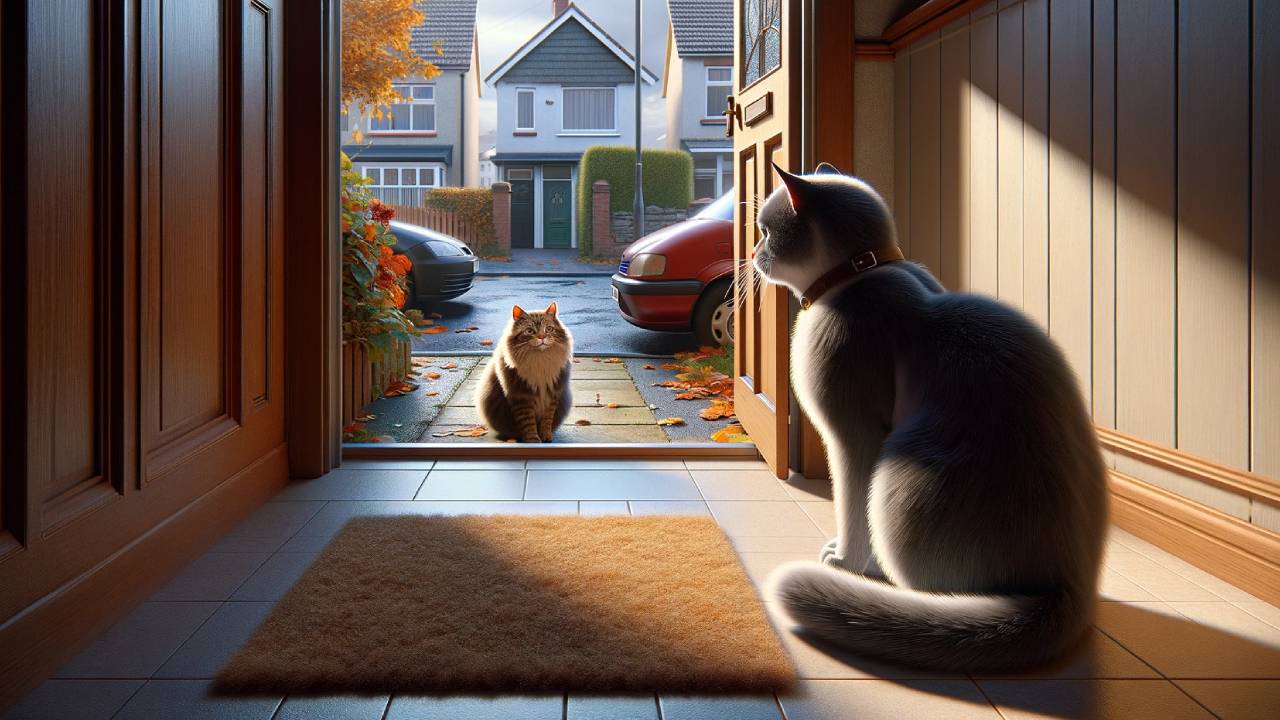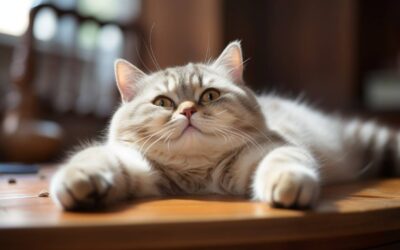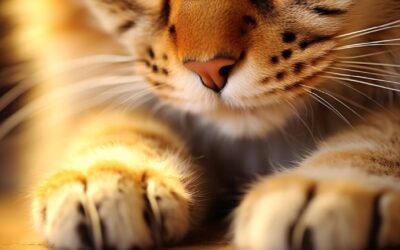When you bring a cat into your home, one of the foremost questions you might have is how long they will be with you. Understanding their lifespan becomes even more crucial for those with outdoor-indoor cats due to the varying factors affecting their health and safety.
The question how long do outdoor-indoor cats live encapsulates the essence of this article, focusing on the lifespan influenced by both indoor comforts and outdoor adventures.
Factors Influencing the Lifespan of Outdoor-Indoor Cats
Various factors can influence the lifespan of outdoor-indoor cats. These factors encompass genetics, diet, healthcare, and the environment in which the cat lives. By understanding these elements, cat owners can better manage and extend the life of their beloved pets.
1. Genetics and Breed
Genetics play a significant role in determining how long a cat might live. Some cat breeds are naturally predisposed to longer lifespans due to their genetic makeup. For example, Siamese cats and Maine Coon cat breeds are known to live longer than many other breeds, sometimes reaching up to 20 years or more. Understanding the genetic background of your cat can provide insight into their potential lifespan.
If you’re considering adding a kitten to your family, check out our kittens for sale.
2. Diet and Nutrition
A balanced diet is crucial for maintaining the health and longevity of any cat. Outdoor-indoor cats require a diet rich in proteins, vitamins, and minerals to support their active lifestyle. Providing high-quality cat food that meets their nutritional needs can significantly impact their lifespan. Fresh water is equally important to prevent dehydration, especially after they’ve been exploring outdoors.
3. Health Care and Veterinary Visits
Regular veterinary check-ups and vaccinations prevent diseases and catch health issues early. Preventive care, including flea and tick control, deworming, and dental hygiene, can add years to a cat’s life. Ensuring your outdoor-indoor cat receives timely medical attention helps maintain their overall well-being.
Tip: protect your pet with cat insurance, which can help cover unexpected veterinary costs.
4. Environment and Safety
The environment in which a cat lives plays a pivotal role in its lifespan. Outdoor-indoor cats are exposed to various risks, such as:
- Traffic
- Predators
- Diseases from other animals
You can protect your cat by implementing safety measures like supervised outdoor time and using collars with identification tags. Cat collar cameras enhance their safety and allow you to monitor their adventures.
Additionally, you can consider implementing safety measures such as shock collars for cats to prevent them from venturing into dangerous areas.

Average Lifespan of Outdoor-Indoor Cats
On average, outdoor-indoor cats tend to live longer than fully outdoor cats but may not live as long as fully indoor cats. Statistical data suggests that outdoor-indoor cats have an average lifespan of 10-15 years.
In contrast, indoor-only cats often live between 12-20 years, while outdoor-only cats may have a significantly shorter lifespan of 5-7 years. These variations highlight the importance of balanced living conditions and proper care for outdoor-indoor cats.
The Pros and Cons of Being an Outdoor Cat
There are some advantages and disadvantages to having an outdoor cat. These unique pros and cons ultimately affect a cat’s lifespan.
- Freedom and exploration (they can roam, explore, and satisfy their instincts). However, a cat tree can satisfy their climbing instincts and provide exercise.
- Exercise and independence (cats get ample exercise through hunting, climbing, and running).
- Natural behaviors (outdoor cats can stalk and mark territory, which can be satisfying and fulfilling).
- Reduced litter box maintenance.
Now, let`s take a look at the cons of being an outdoor cat:
- Safety risks (traffic accidents, predation by wildlife and other animals, and exposure to diseases).
- Environmental hazards (toxic plants, pesticides, and harsh weather conditions)
- Shorter lifespan.
- Lost or stolen.
- Neighbor conflicts: Outdoor cats can sometimes create tension with neighbors.
- Inconsistent food availability ( it leads to unreliable nutrition and often vet visits)
Tips to Extend the Lifespan of Outdoor-Indoor Cats
As a cat owner, you can take several practical steps to ensure your outdoor-indoor cat lives a long, healthy life. First, a balanced diet tailored to your cat’s age, weight, and health needs is fundamental. High-quality cat food with the right mix of nutrients supports overall health. Additionally, ensuring your cat stays hydrated is crucial, especially after spending time outdoors.
Also, scheduling regular veterinary visits is vital. Annual check-ups can help detect and address potential health issues early. Be vigilant about signs of common health problems, such as weight loss, dental issues, and changes in behavior or appetite.
Creating a safe outdoor environment for your cat can significantly reduce risks. Consider building an outdoor cat playpen or ‘catio’ where your cat can enjoy the outdoors safely.
There must be more than one-size-fits-all answer in the indoor versus outdoor cats debate. The choice between the two lifestyles depends on various factors, including your cat’s personality, living environment, and willingness to manage potential risks.
Understanding the pros and cons of each lifestyle can help you make an informed decision that ensures the health and happiness of your feline friend.

FAQs
What are some misconceptions about the lifespan of cats?
A common misconception is that outdoor-indoor cats are as safe and will live as long as indoor-only cats. While they do typically live longer than outdoor-only cats, their exposure to external risks, such as traffic and predators, can potentially shorten their lifespan compared to their fully indoor counterparts.
Can the type of activities an outdoor-indoor cat engages in affect its lifespan?
Yes, moderate exercise can help maintain your cat’s physical health and reduce obesity, a common issue that can lead to various health problems. However, high-risk activities like frequent crossing of busy roads or interactions with wild animals can shorten their lifespan.
Are there specific health screenings that can extend the life of cats?
Regular health screenings are essential for early detection and management of potential health issues. It’s advisable to have routine check-ups, including blood tests, dental exams, and screenings for common diseases such as kidney disease or diabetes, which are prevalent in aging cats.
What are the diets to improve the health of an outdoor-indoor cat?
For outdoor-indoor cats, a high-protein diet that supports their active lifestyle and aids in muscle maintenance is vital. Including age-appropriate food rich in essential nutrients, antioxidants, and fatty acids can help combat the effects of aging.
How does the changing of seasons affect outdoor-indoor cats and their longevity?
Seasonal changes can impact outdoor-indoor cats by exposing them to varying environmental hazards such as extreme temperatures, increased risk of infections, or seasonal allergies. Owners can help mitigate these effects by providing seasonal appropriate shelters, ensuring consistent access to water, and adjusting their diet to meet changing energy needs.
References:
- CATS BELONG INDOORS: Exploring the benefits of keeping cats within the home environment.
- Uncontrolled Outdoor Access for Cats: An Assessment of Risks and Benefits: This paper detailed the risks and benefits associated with cats’ outdoor access.
- Uncovering Secrets to Feline Longevity: Insights into factors that contribute to the longevity of cats.
- Longevity and mortality in cats: A single institution necropsy study of 3108 cases: Comprehensive research on the factors affecting cat longevity based on necropsy results.






my cat spends half the time outside and half the time in the house and feels very well
My indoor-outdoor cat lived to be 18 years old before peacefully passing. Outdoor time definitely added to her joy, but I made sure to watch for any signs of trouble.